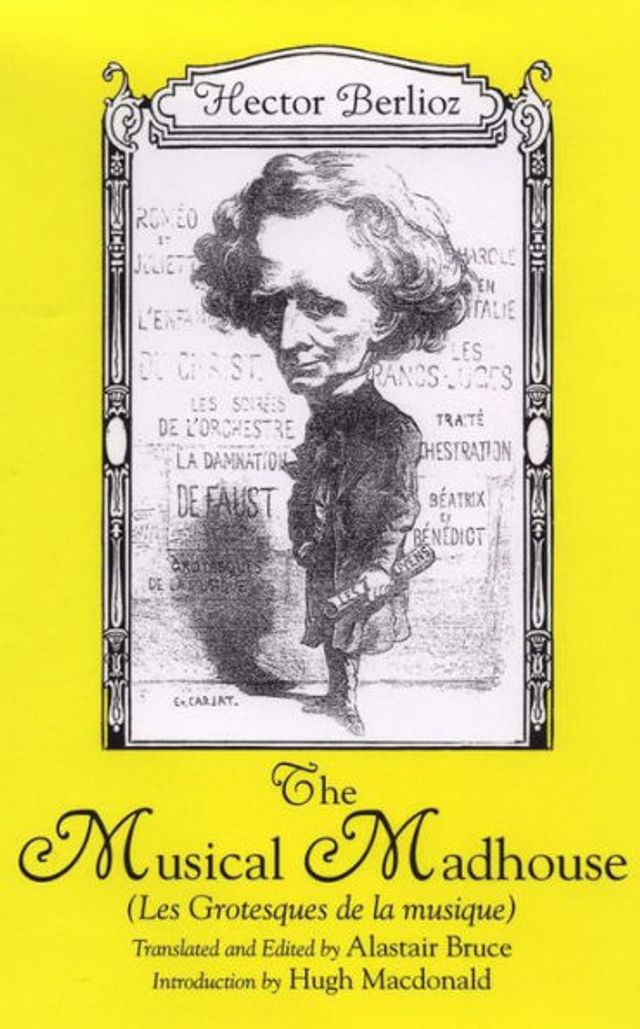Home
Insolubles: Critical edition with English translation
Loading Inventory...
Barnes and Noble
Insolubles: Critical edition with English translation
Current price: $40.95


Barnes and Noble
Insolubles: Critical edition with English translation
Current price: $40.95
Loading Inventory...
Size: Hardcover
*Product Information may vary - to confirm product availability, pricing, and additional information please contact Barnes and Noble
Paradoxes, such as the Liar ('What I am saying is false'), fascinated medieval thinkers. What I said can't be true, for if it were, it would be false. So it must be false-but then it would be true after all. Attempts at a solution to this contradiction led such thinkers to develop their theories of meaning, reference and truth.
A popular response, until it was attacked at length by Thomas Bradwardine in the early 1320s, was to dismiss such self-reference as impossible: no term (here, 'false') could refer to (or in medieval terms, "supposit for") a whole, e.g., a proposition, of which it is part.
In light of Bradwardine's criticisms, Walter Segrave, writing around 1330, defended so-called restrictivism (restrictio) by claiming that such paradoxes exhibited a fallacy of accident. The classic example of this fallacy, the first of Aristotle's fallacies independent of language, is the Hidden Man puzzle: you know Coriscus, Coriscus is the one approaching, but you don't know the one approaching since, e.g., he is wearing a mask. But Aristotle's account is unclear and Segrave, building on ideas of Giles of Rome and Walter Burley, shows how the fallacy turns on an equivocation over the supposition of the middle term or one of the extremes in a syllogism. Thereby, Segrave is able to counter Bradwardine's arguments one by one and defend the restrictivist solution. In this volume, Segrave's text is edited from the three extant manuscripts, is translated into English, and is preceded by a substantial Introduction.
A popular response, until it was attacked at length by Thomas Bradwardine in the early 1320s, was to dismiss such self-reference as impossible: no term (here, 'false') could refer to (or in medieval terms, "supposit for") a whole, e.g., a proposition, of which it is part.
In light of Bradwardine's criticisms, Walter Segrave, writing around 1330, defended so-called restrictivism (restrictio) by claiming that such paradoxes exhibited a fallacy of accident. The classic example of this fallacy, the first of Aristotle's fallacies independent of language, is the Hidden Man puzzle: you know Coriscus, Coriscus is the one approaching, but you don't know the one approaching since, e.g., he is wearing a mask. But Aristotle's account is unclear and Segrave, building on ideas of Giles of Rome and Walter Burley, shows how the fallacy turns on an equivocation over the supposition of the middle term or one of the extremes in a syllogism. Thereby, Segrave is able to counter Bradwardine's arguments one by one and defend the restrictivist solution. In this volume, Segrave's text is edited from the three extant manuscripts, is translated into English, and is preceded by a substantial Introduction.








![The Cancionero de la Sablonara: A Critical Edition [English edition]](https://prodimage.images-bn.com/pimages/9781855660472_p0_v3_s600x595.jpg)








